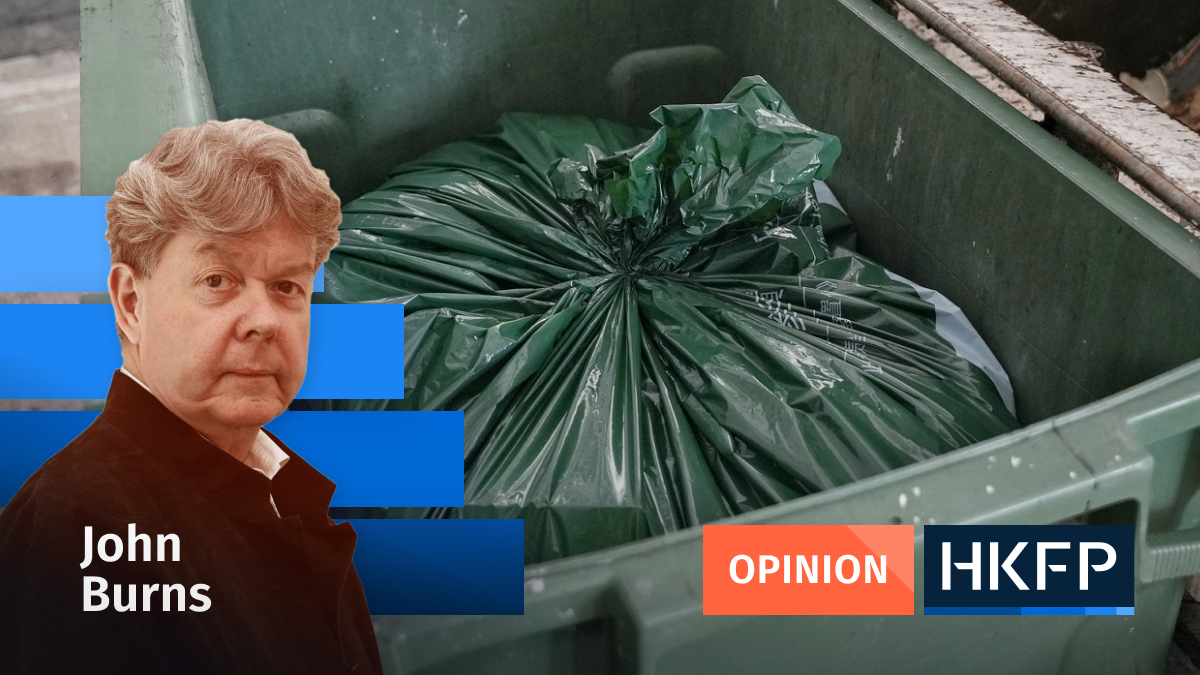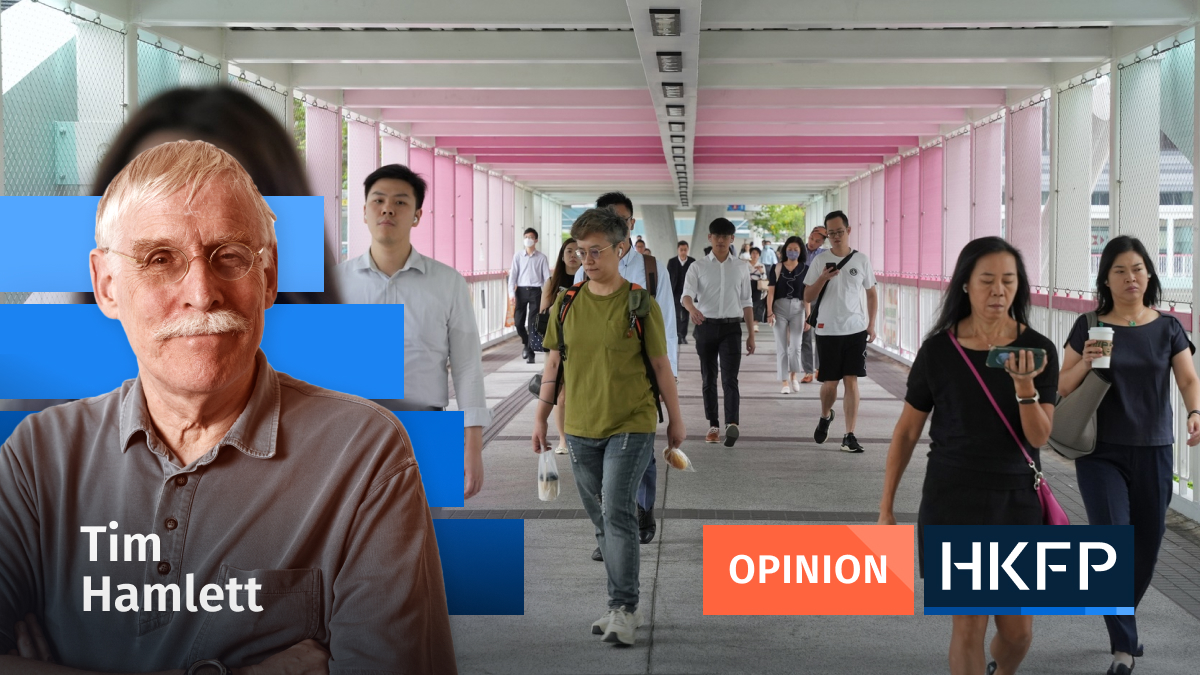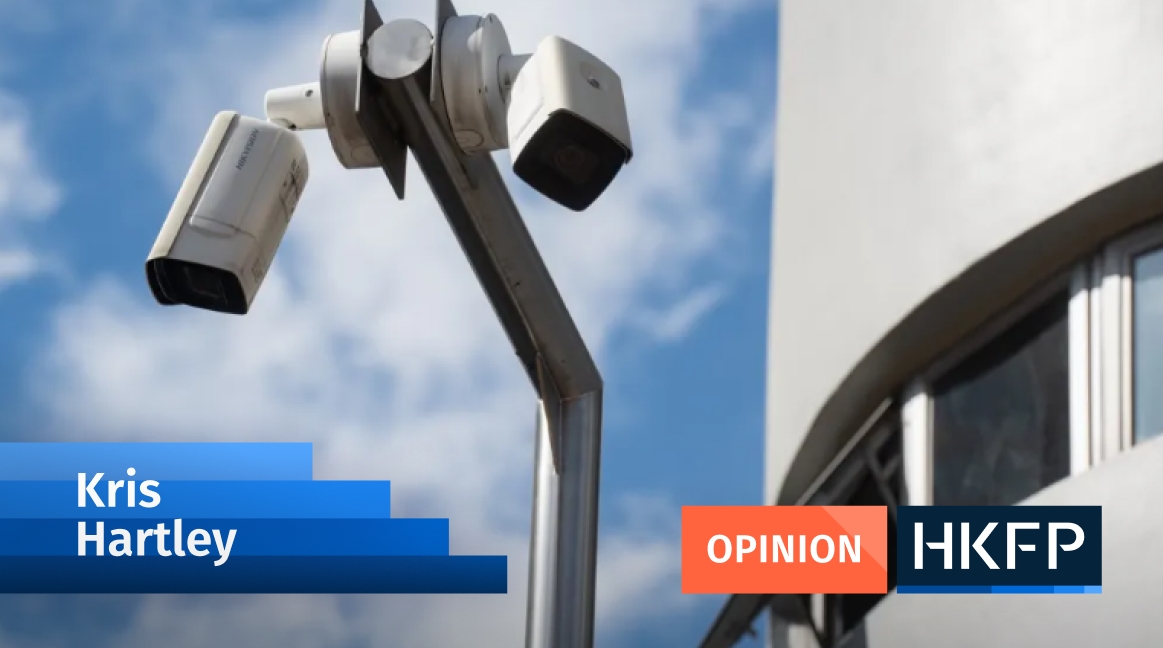Why am I writing about the national security law (NSL) again? I often ask myself this question, and the answer seems to be that our leaders just cannot stop talking about it. For something which is only supposed to affect a very small number of people it gets a lot of mentions.
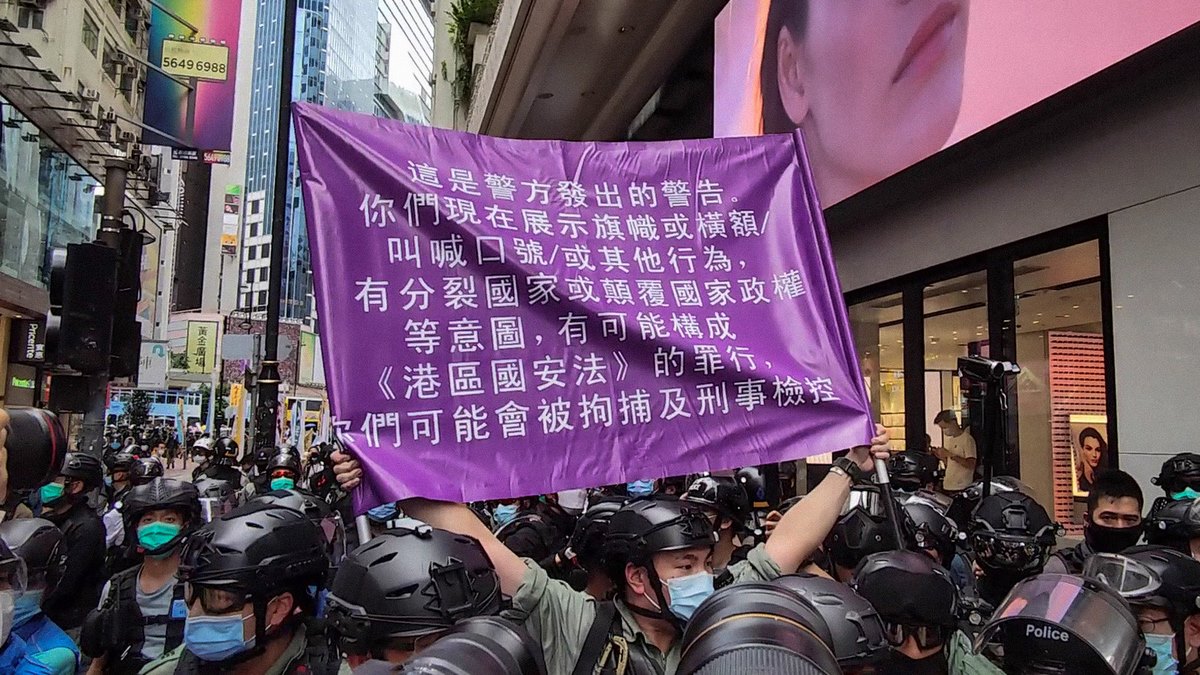
An interesting rift has now opened. On one side of it we have the Secretary for Justice, Teresa Cheng, issuing a flood of op-ed material to the effect that the NSL is clear and unambiguous, featuring crisp definitions of all the offences therein.
On the other side we have her senior colleagues, to whom the NSL seems to be a cross between the pronunciations of the Delphic Oracle and the prophecies of Nostradamus: a conundrum wrapped in an enigma, full of exciting but mysterious possibilities.
Consider, for example, a recent speech by Chris Tang, the secretary for security. Tang was apparently incensed that Ted Hui, a former lawmaker self-exiled in Australia, had posted a message urging his sympathisers in Hong Kong to cast blank or invalid ballots in the upcoming Legislative Council election to protest the new electoral arrangements.
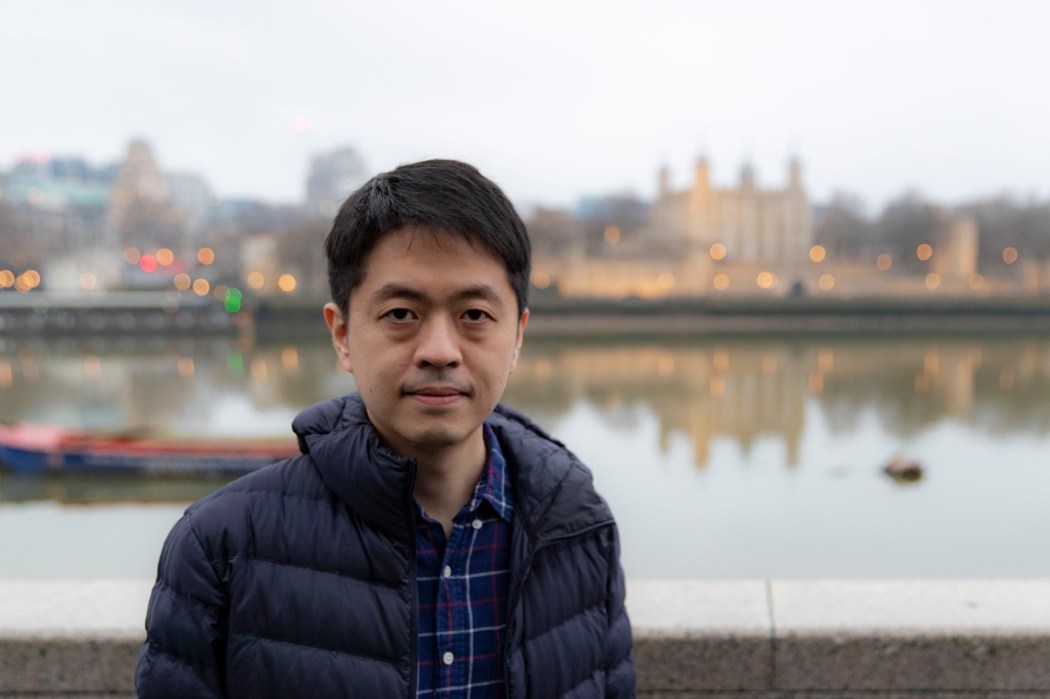
Indeed, Tang went on at some length about Hui’s deficiencies, accusing him of “despicable” behaviour and “asking people to go forward while staying backward yourself.”
Tang also thinks it “cowardly” of Hui to stay abroad. Whether refraining from returning to Hong Kong to settle in for a few years of correctional M&Ms displays cowardice or common sense is a point we shall not explore here.
Tang pointed out, quite correctly, that urging people to cast invalid ballots or not to vote was an offence, since an amendment to that effect was inserted in the relevant ordinance in May as part of the electoral revamp. So, Hui’s message would be illegal if he were here. However, Tang rather implied that it was still illegal if perpetrated in Australia, which seems dubious. Hong Kong ordinances generally apply only in Hong Kong.
Perhaps that was why Tang also felt the need to dive into the legal fogbank that is the NSL, which applies everywhere, and announce that asking people not to vote or to cast an invalid ballot “may” violate the NSL.

This observation was no doubt delivered with such authority and confidence that only listeners who were paying close attention would have noticed that it was a declaration of ignorance.
When considering whether any action violates the NSL there are only two possibilities. Urging people not to vote or to cast an invalid ballot may either be a violation of the NSL or may not be a violation of the NSL. Stating that it “may” be a violation tells us nothing one way or the other.
It seems that the offence is a sort of legal Schrödinger’s cat. It is locked in a box and we can’t tell whether it is alive or dead until we open the box. In the meantime it is potentially alive or potentially dead, suspended between the two states.
The problem with this is that the rule of law is generally held to require that citizens know what the law is without getting involved in the quantum mechanics of dead cats.

Unfortunately, the new law on inciting others not to vote or to cast an invalid vote presents a potential problem of the more conventional kind. The International Covenant on Civil and Political Rights, which according to the Basic Law still applies in Hong Kong, states that freedoms may be infringed to achieve certain important objectives.
The relevant one for present purposes is described as “public order (ordre publique).” The French translation is added to indicate that “public order” is to be interpreted in the broad, European way rather than in the restrictive and traditional English one, which covers little more than the absence of street fighting.
I suppose this concept could be extended without too much difficulty to campaigning for invalid ballots. A large number of spoiled ballots would disrupt the count and make it much more time-consuming. Each one has to be displayed to the candidates’ agents and the large crowd of people attending the count, so that it can be agreed that the ballot is spoiled and not just an unconventional attempt to indicate support for a candidate.

This could not only lead to a lot of time wasted, but also to the display before the attending crowd, and through them to the public, of whatever deplorable message the person spoiling his ballot has added instead of the traditional “X”. Large numbers of people watching on live streams might be subjected to subversive slogans like “Hong Kong add oil!” We can’t have that, obviously.
When it comes to urging people not to vote, on the other hand, the effect is quite the opposite. The smaller the number of votes to be counted the easier it is to run an election. The absent voter does not make extra work, convey an objectionable message or disrupt the proceedings in any way. This being the case I wonder if making advocacy of non-voting a crime is actually constitutional.
It will not have escaped the attention of readers that it would be embarrassing to the government if the turnout for the LegCo election is much lower than it was last time. This explains why Tang and, in a later speech, his boss, have been all but begging voters to turn out and cast a ballot. Tang urged enthusiasm; Carrie Lam called for voters to participate “actively.”
But causing embarrassment to the government is not a crime against the NSL, is it? Or is it? Is the cat alive or dead? Will someone open the box? Not me.
Support HKFP | Policies & Ethics | Error/typo? | Contact Us | Newsletter | Transparency & Annual Report | Apps
| HKFP is an impartial platform & does not necessarily share the views of opinion writers or advertisers. HKFP presents a diversity of views & regularly invites figures across the political spectrum to write for us. Press freedom is guaranteed under the Basic Law, security law, Bill of Rights and Chinese constitution. Opinion pieces aim to point out errors or defects in the government, law or policies, or aim to suggest ideas or alterations via legal means without an intention of hatred, discontent or hostility against the authorities or other communities. |
Help safeguard press freedom & keep HKFP free for all readers by supporting our team

More HKFP OPINION:
HKFP has an impartial stance, transparent funding, and balanced coverage guided by an Ethics Code and Corrections Policy.
Support press freedom & help us surpass 1,000 monthly Patrons: 100% independent, governed by an ethics code & not-for-profit.




